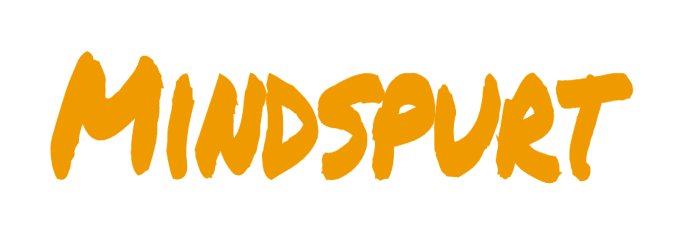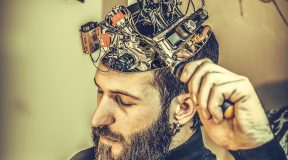You may know food as a simple process i.e. you are hungry, so you think about what to eat and then consume it. However, behind this simple process is a a deep backstory around how the brain reacts to the process. Read below to satisfy your curiosity:
- The deepest levels of the brain notice you are hungry and in response triggers an action of hunger
- The hunger then gives rise to cravings and a strategy unfolds for you to find your next food fix.
- The brain uses approximately 20% of the energy from the human body for activities. This is approximately 20 Watts which is enough to power a dim bulb.
- Some of the activities include:
- Performing housekeeping of cells such as transporting nutrients, repairing cells and cleaning up debris
- Building and transporting neurotransmitters
- Rewiring your brain circuitry with new info you are learning
- Firing electrical signals in your neurons for transmitting message
5. Glucose provides the energy that the brain requires, however unlike the muscles the brain cannot utilize energy reserves stored in fat cells. Other foods sources required for a healthy brain include:
- Protein
- Fat
- Iron
- Chocolate and other anti-oxidants
6. Low glucose levels will thus result in low concentration levels
7. It is better to have complex carbohydrates as opposed to simple sugars. Complex carbohydrates break up over time – This gives the brain a constant supply of simple sugars
8. In the case of junk food (simple sugars) – The high rise in blood sugar levels causes the pancreas to secrete insulin which regulates the blood sugar level. For muscles they can tap into the reserves in fat cells but for the brain this is impossible. Therefore having simple sugars such as doughnuts make your irritable, unfocused and anxious often craving another doughnut
9. Different complex carbohydrates have different glycemic indexes which indicates the rate at which the carbohydrates break down. Therefore higher glycemi index food sources are much more effective for the brain
10. The classic term sugar rush classified by the excessive intake of simple sugars should only be used in extreme sugar deficit cases. Otherwise overtime it can result in the failure of the Pancreas secreting insulin resulting in diabetes.
11. Foods in excess that make result in detrimental brain effects include:
- Trans fats
- Caffeine
- Alcohol
12. Ensure that meal sizes are not too large and at optimum times in the day to get the best effect in terms of brain performance
For a deeper understanding of the human brain and all it’s mysteries read the post: Unraveling The Mysteries Of Human Brain





